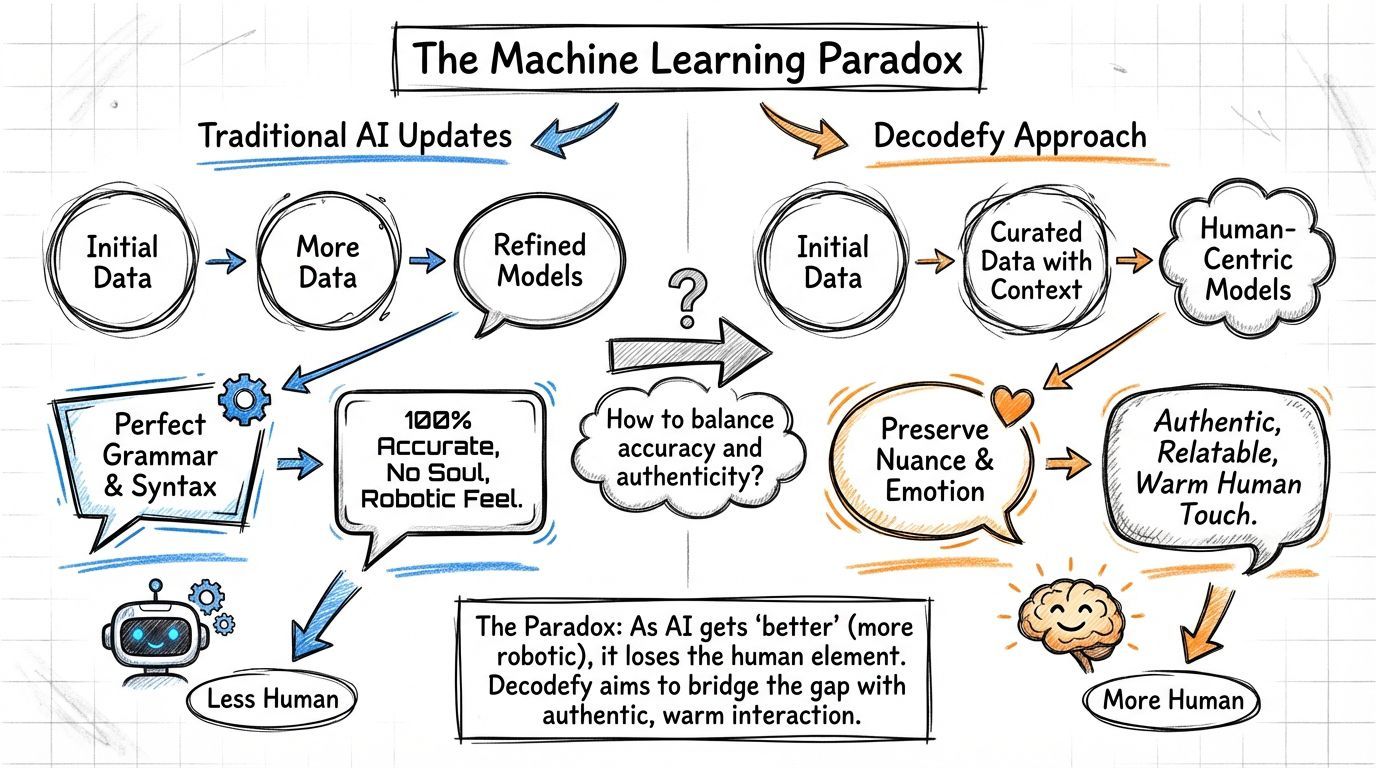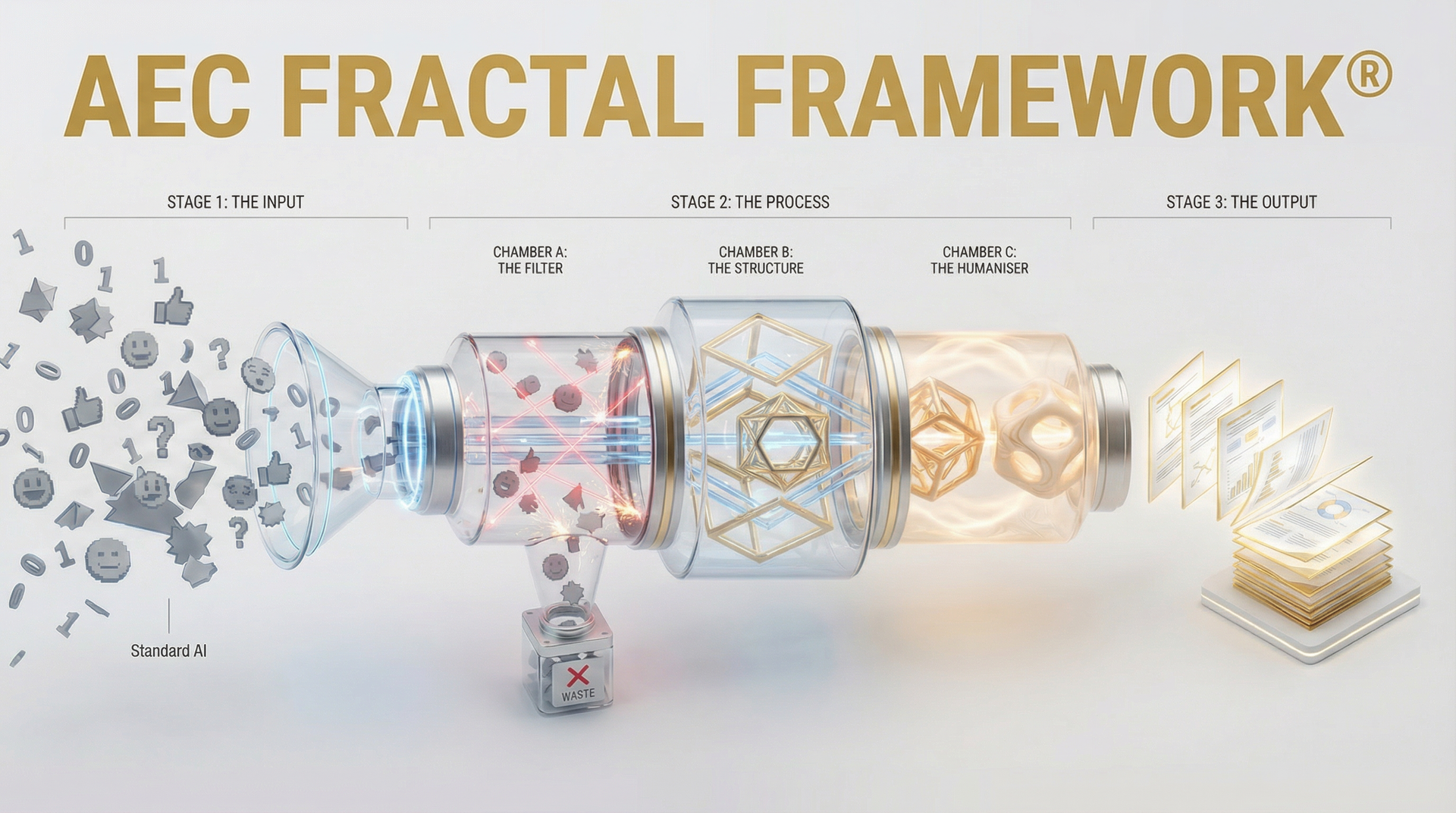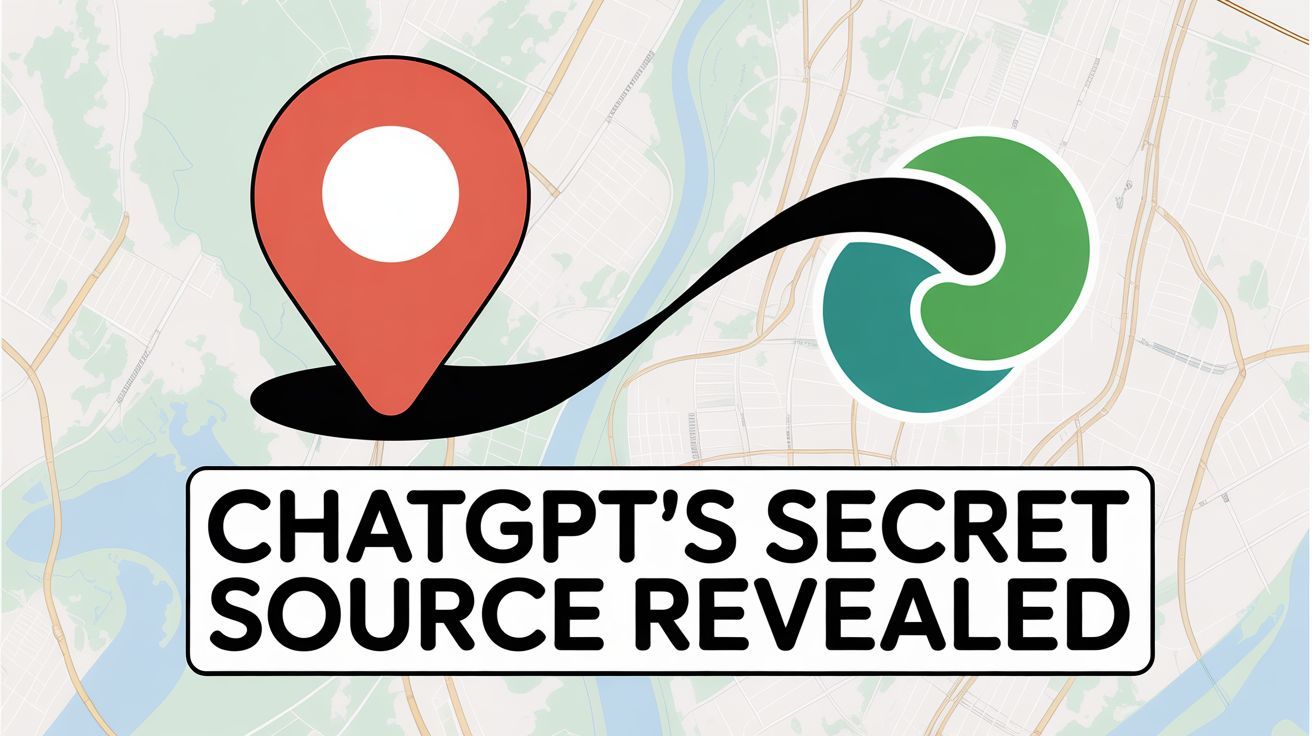October 1, 2025
The Office Apocalypse Nobody's Talking About
Author
Most people think AI will replace truck drivers and factory workers first.
They're wrong.
Middle management is about to get decimated.
The data doesn't lie. While blue-collar jobs keep growing, white-collar positions are vanishing at an alarming rate. According to recent research, approximately 40% of white-collar job seekers in 2024 failed to secure a single interview Source
Want to know why?
AI doesn't need a parking space, health insurance, or time off.
It doesn't play office politics or demand a corner office.
And it's getting frighteningly good at what middle managers do.
The Brookings Institution found that more than 30% of all workers could see at least 50% of their occupation's tasks disrupted by generative AI.
But here's the really scar bit for some - the sectors facing the greatest exposure are dominated by higher-paying fields with advanced degrees and middle management positions Source
- Google has already cut its number of top management roles by 10% (some reports say up to 30%).
- Zuckerberg went after the management layer in Meta's "year of efficiency".
- Microsoft is "re-pivoting" without adding "material number of people."
The pattern is clear
While everyone's focused on ChatGPT writing poetry, the real revolution is happening quietly in corporate America and all over the world.
Middle managers are being replaced by algorithms that can:
- Analyse performance data better than humans
- Schedule and coordinate without bias
- Make resource allocation decisions based on pure data
- Monitor productivity without emotional fatigue
And it's happening fast
Dario Amodei, CEO of Anthropic, predicts AI could cannibalise half of all entry-level white-collar roles within five years Source
The most vulnerable?
Those in the middle.
- Not the C-suite making strategic decisions.
- Not the frontline workers doing physical tasks.
- But the vast middle layer of the corporate world.
Here's what's fascinating...
Young people are noticing.
They're increasingly choosing blue-collar careers over white-collar paths.
Jacob Palmer, 23, runs his own electrical company and says: "I don't feel overly threatened by the growth of AI in my industry. That will be a pretty impressive robot that can do my job one day, if it ever happens." Source
Smart kid.
The future belongs to those who either:
- Rise to truly strategic leadership positions
- Master skilled trades AI can't replicate
- Learn to partner with AI rather than compete against it
The middle ground is disappearing.
What do you think?
Is your job at risk?
And more importantly, what are you doing to prepare?
Jon Young
AI marketing expert who cuts through the rubbish to give local business owners what actually works. Co-founder of FloweMedia and creator of the AEC Fractal Framework™. Obsessed with giving you 40 hours monthly back from admin chaos so you can focus on what matters: growing your business and having a life.










